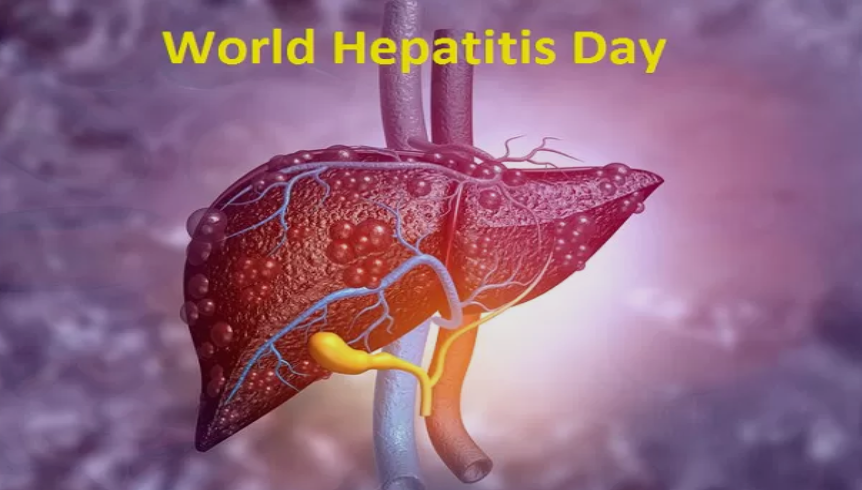Hepatitis is a condition characterized by liver inflammation, commonly resulting from viral infections but also triggered by factors such as alcohol consumption, certain medications, and autoimmune diseases. The primary types of viral hepatitis include hepatitis A, B, C, D, and E, each differing in transmission methods and health impacts.

World Hepatitis Day: Raising Global Awareness
World Hepatitis Day, observed annually on July 28, aims to raise awareness about hepatitis, encourage prevention, testing, and treatment, and advocate for improved public health policies. This global initiative highlights the importance of combating hepatitis to enhance overall public health.
Theme, History, and Significance
The theme for World Hepatitis Day 2024 is “It’s Time for Action.” The day is observed on July 28 to honor Dr. Baruch Blumberg, the Nobel Laureate who discovered the hepatitis B virus (HBV) and developed a diagnostic test and vaccine for it. The observance focuses on enhancing diagnostics, identifying hepatitis D through established testing protocols, and providing high-quality services.
Prevention Strategies
Vaccination: Effective vaccines for hepatitis A and B stimulate the immune system to produce antibodies, preventing infection without causing the disease.
Safe Injection Practices: Avoid sharing needles and use sterile needles for injections to prevent the transmission of blood-borne hepatitis viruses (B and C).
Blood Screening: Testing donated blood for hepatitis viruses reduces the risk of transmission through blood transfusions.
Hygienic Food and Water: Clean and thoroughly cook food, and use safe drinking water to reduce the risk of hepatitis A and E, which spread through contaminated food and water.
Hand Hygiene: Regular hand washing, especially before eating and after using the toilet, removes potential contaminants that can cause hepatitis A and E.
By adopting these prevention strategies and spreading awareness, we can significantly reduce the incidence of hepatitis and improve public health outcomes.




